

Matt Campbell
2025 Porsche 911 Carrera T review
5 Days Ago
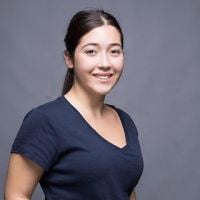
Contributor
A jury has found Tesla’s Autopilot technology didn’t cause a fatal crash in the US state of California.
This is the second court battle Tesla has won in the US over its autonomous Autopilot technology.
According to Reuters, the plaintiffs alleged the Model 3’s Autopilot system, which was allegedly engaged at the time, was the cause of a crash that killed Micah Lee and seriously injured two passengers including a then eight-year old boy who was disemboweled.
After four days of deliberation, the jury voted 9-3, finding the vehicle didn’t have a defect.
The plaintiffs had asked the jury for US$400 million (A$631 million) plus punitive damages.
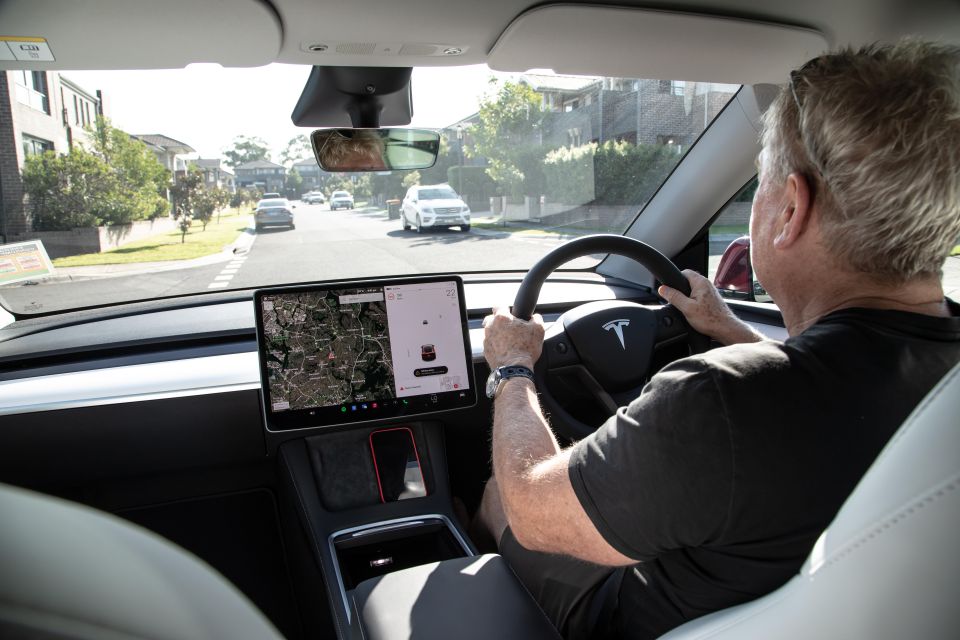
Mr Lee’s Tesla Model 3 was alleged to have suddenly veered off a highway in Los Angeles while travelling 65mph (104km/h), striking a palm tree and bursting into flames, all in span of a few seconds.
Tesla denied liability and claimed Mr Lee consumed alcohol before getting behind the wheel of the Model 3.
According to Electrek, Mr Lee’s blood alcohol level was 0.05. For reference, in California the legal blood alcohol limit is 0.08.
Tesla also alleged it was unclear if Autopilot was engaged at the time of the incident, though one of the survivors alleged it was.
The carmaker also argued that although the system suggests it’s autonomous, “when something goes wrong on the road, the ultimate responsibility rests with drivers”.
Reuters reports during the trial, the plaintiffs’ lawyers showed jurors an internal safety analysis Tesla released in 2017. The internal memo identified “incorrect steering command” as a defect, which involved an “excessive” steering wheel angle.
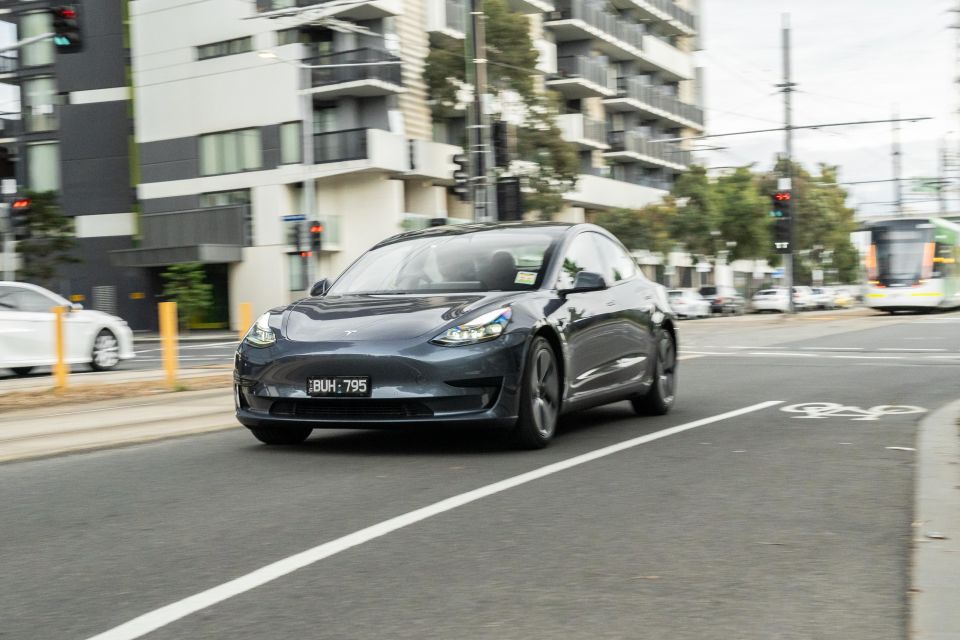
Tesla’s lawyers rebutted the memo, claiming it didn’t identify a defect but instead was intended to offer the company a theoretical issue with the vehicle.
The attorney for the plaintiffs, Jonathan Michaels said the verdict was disappointing but claims Tesla was “pushed to its limits” during the trial.
“The jury’s prolonged deliberation suggests that the verdict still casts a shadow of uncertainty,” said Mr Michaels.
In a statement, Tesla said, “The jury’s conclusion was the right one.”
This isn’t the first time the safety of Autopilot has been argued in court.
In April 2023, a California jury found against plaintiff Justine Hsu, who alleged her Tesla Model S’s Autopilot system didn’t work properly.
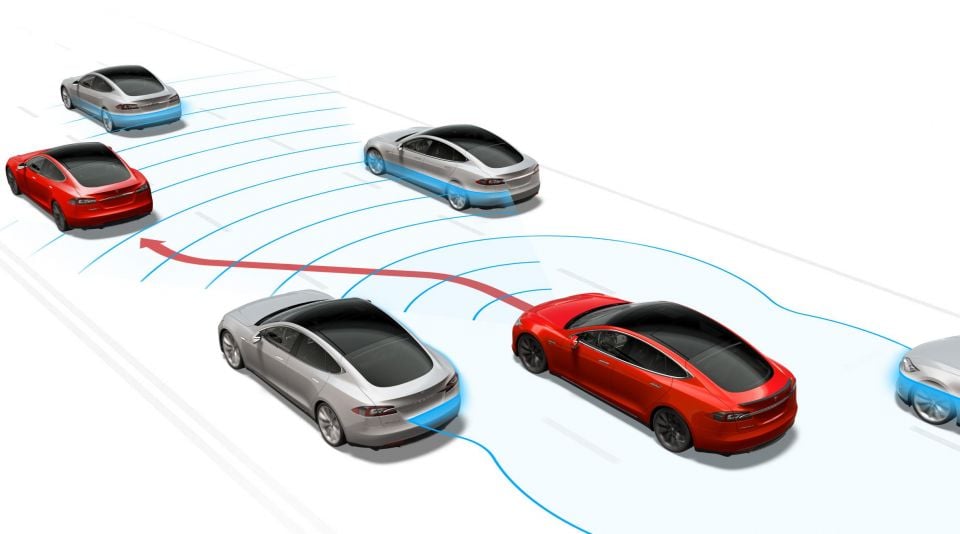
Ms Hsu, of Los Angeles, filed suit against Tesla in 2020 for an incident that occurred the year before, claiming her Model S swerved into a kerb with Autopilot active.
The airbag deployed “so violently it fractured Plaintiff’s jaw, knocked out teeth, and caused nerve damage to her face”, according to legal filings.
Jurors told Reuters they believed driver distraction was to blame, and that Tesla had clearly warned its Level 2 system was not driverless technology.
Tesla is currently facing investigations by the US National Highway Traffic Safety Administration relating to its advanced driver assist features.
According to Reuters, the NHTSA has opened more than 36 investigations into Tesla crashes, with 23 of these crashes involving fatalities.
MORE: California jury finds against plaintiff in Tesla Autopilot case MORE: Thousands of Tesla Autopilot complaints laid bare in German report MORE: Watch this Tesla driver ignore Autopilot alerts before crash
Where expert car reviews meet expert car buying – CarExpert gives you trusted advice, personalised service and real savings on your next new car.
Jade Credentino is an automotive journalist currently based in Melbourne, Australia. Jade has had a chance to review a variety of vehicles and particularly enjoys SUVs. She enjoys traveling and going on road trips exploring Australia.


Matt Campbell
5 Days Ago


James Wong
4 Days Ago


Max Davies
3 Days Ago
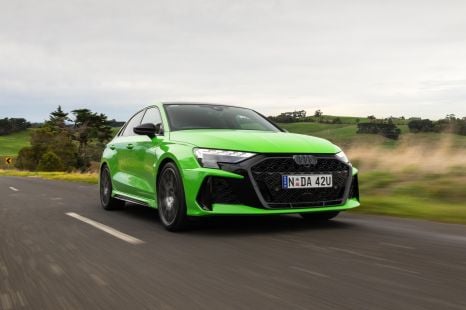

Josh Nevett
2 Days Ago
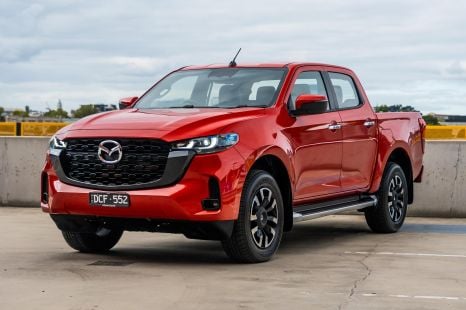

Josh Nevett
1 Day Ago
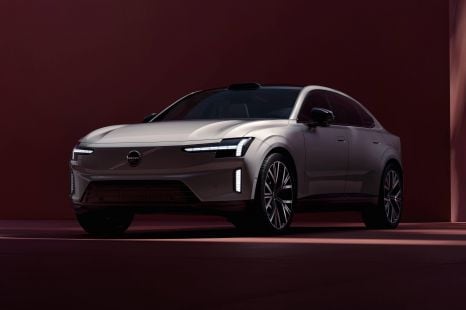

William Stopford
18 Hours Ago